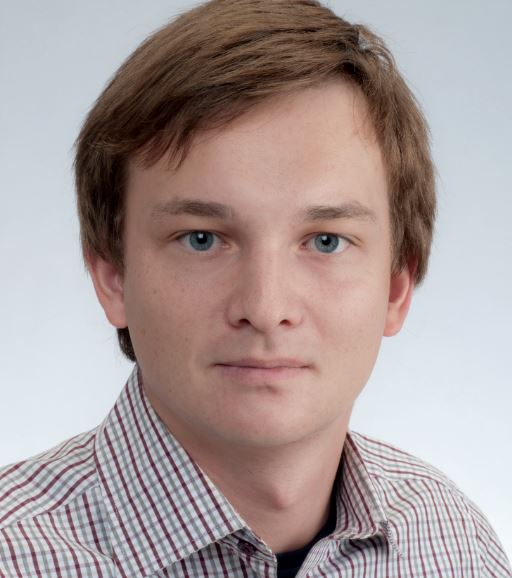Data Proc & Acqui SIG: Diffraction Imaging as a Migration Velocity Analysis Tool* - Sep 4th

Sponsored by Schlumberger
Event Location:
Schlumberger
Q Auditorium
10001 Richmond Avenue
Houston TX 77042 USA
NOTE: You Must be Logged in to Register
Speaker: Dmitrii Merzlikin, TCCS consortium, UT Austin
Diffraction imaging is a set of methods aiming to boost direct responses of subsurface discontinuities to a seismic wavefield. Subsurface discontinuities include faults, channel edges, fracture swarms and etc. These direct responses have a shape of diffractions and are often weaker than reflections associated with laterally continuous boundaries. Conventional seismic data processing is targeted to enhance the latter events, and, therefore, might decrease diffraction amplitudes with respect to reflections even more. Proper processing of diffracted energy is crucial for highlighting subsurface discontinuities. Diffractions along with re?ections carry information about wave-propagation velocity in the subsurface and are the only source of velocity information for single-offset and other narrow-offset distribution acquisition geometries, where conventional normal-moveout velocity analysis is not a viable option.
I will illustrate diffraction imaging capabilities by field data examples; discuss methods for efficient reflection and diffraction separation to highlight diffracted events. I will present a method for diffraction-based migration velocity analysis and provide its velocity-model independent formulation based on the double-path summation framework. I will demonstrate the ability of the proposed approach to automatically estimate migration velocity from diffractions by synthetic and ?eld data examples.
Speaker Biography: Dmitrii Merzlikin, TCCS consortium, UT Austin
Dmitrii Merzlikin has received his PhD degree in Geophysics from The University of Texas at Austin where he worked in Texas Consortium for Computational Seismology (TCCS) and was supervised by Dr. Fomel. He holds MSc and BSc degrees in Geophysics from Lomonosov Moscow State University. His research interests include: Seismic Imaging, Signal Processing, Diffraction Imaging, Path-Summation Imaging and Inverse Theory.
Both talks given by Dmitrii at the 2017 SEG Houston Annual Meeting were ranked in the ''top 39''. One of them received the Award of Merit for Best Student Paper.
Time Schedule:
4:30 PM – sign-in, social time
5:00 PM – start of presentation
6:00 PM - close of meeting
THANK YOU TO OUR GENEROUS SPONSORS:
